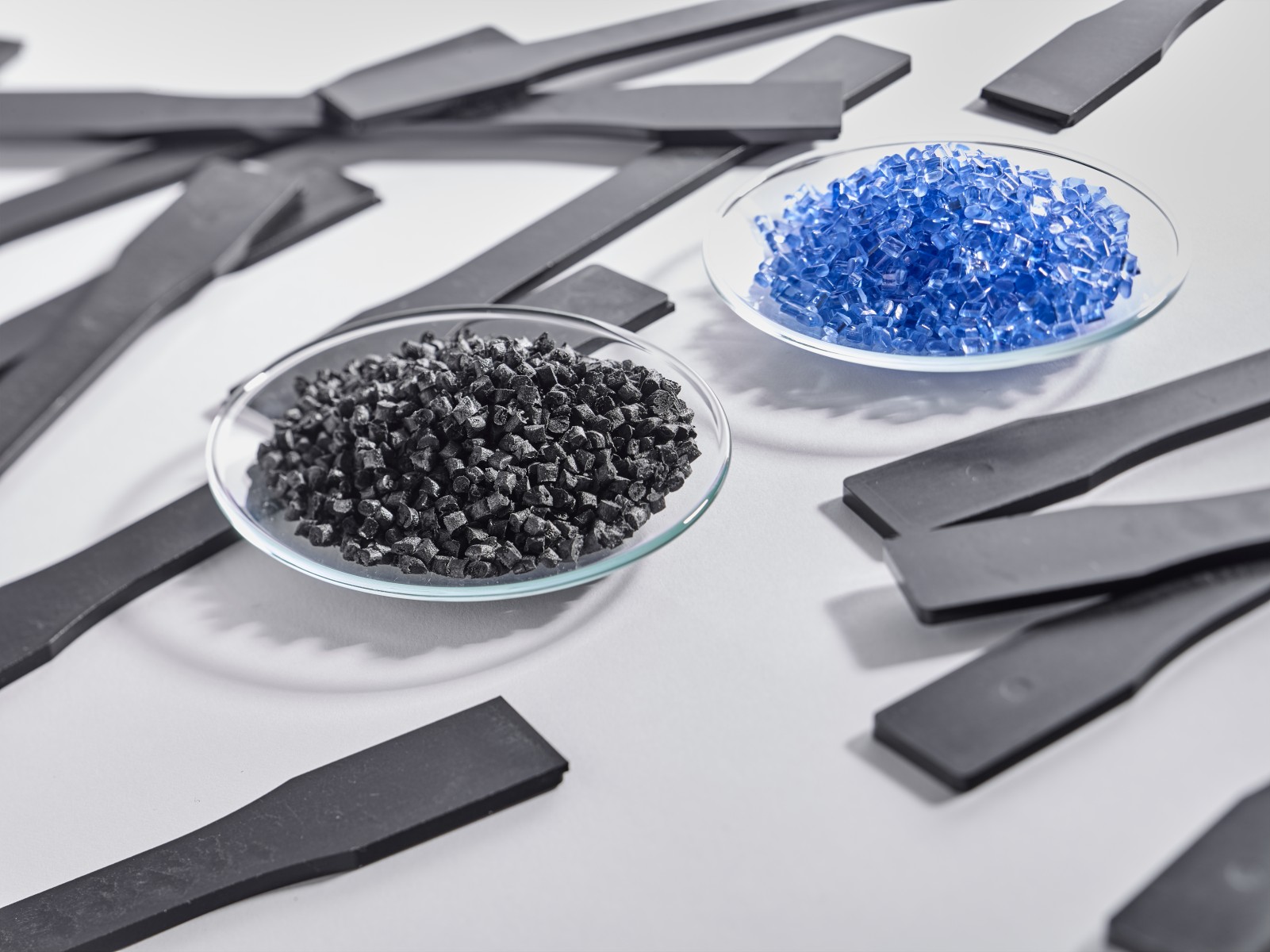- Innovative material solutions promote Circular Economy
- Market launch of the world's first climate-neutral polycarbonate
- Use of alternative raw materials and energies
- Chemical and mechanical recycling technologies
The automotive industry is currently facing major challenges: It has to do its share to meet the European Union's stricter climate targets, preserve natural resources and increase the lifespan of vehicles. Concurrently, consumers' demands regarding the design, comfort and functionality of automobiles are also increasing. Covestro is working towards innovative and more sustainable material solutions and recycling technologies to meet these requirements and build a Circular Economy, and will be showcasing them at the VDI PIAE 2021 international trade congress on September 8 and 9.
"Our aim is to introduce the world's first climate-neutral polycarbonate plastics this year," Jochen Hardt, Marketing Mobility Covestro, told media representatives. "This is an important step in achieving our vision of becoming fully circular. At the same time, we offer products and solutions that combine outstanding performance, cost efficiency and sustainability designed to help our customers in the mobility industry succeed in achieving their sustainability goals."
World's first climate-neutral polycarbonate
The polycarbonates are climate neutral "from the cradle to the factory gate1" thanks to the introduction of raw materials sourced from mass-balanced biowaste and residues2, as well as renewable energy accumulated during the production process. Covestro is already offering ISCC Plus-certified polycarbonates, which are attributed to renewable raw materials using the mass balance approach and enable a considerable reduction in the carbon footprint.
By incorporating renewable energy, Covestro will probably fully reduce CO₂ emissions from the cradle to the factory gate for these selected products. The products have the same high quality and performance as fossil-based polycarbonates and are a drop-in replacement without having to change existing processes or workflows.
Covestro has also collaborated with partners to develop polyurethane raw materials in which up to 20 percent of the petroleum-based raw materials previously used are replaced by the climate gas CO₂. Applications of such polyols, called cardyon®, are also currently being developed in the automotive sector. Partially bio-based precursors for automotive clear coatings from the Desmodur® N range also contribute to circularity as alternative raw materials.
Innovative recycling technologies
Plastics recyclates are an important building block in significantly reducing a car's carbon footprint from raw material and component production through the use phase to recycling. In addition, Covestro is increasingly driving forward the development of chemical recycling technologies. A decisive factor in the success of such developments is that the products satisfy the high quality requirements and specifications of the automotive industry. Covestro supports the mechanical and chemical recycling of plastics through its role as a member in associations such as the Circularise Plastics project group. This group's goal is to establish a new standard for the traceability of plastics back to the raw material.
1 Cradle-to-Gate is an assessment of a partial product lifecycle from resource extraction (cradle) to the factory gate. This assessment is based on Covestro's internal calculations and is currently being externally validated.
2 The calculation of the carbon footprint takes biogenic carbon uptake into account.









